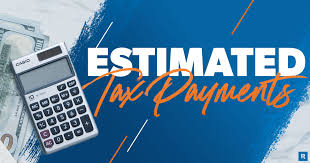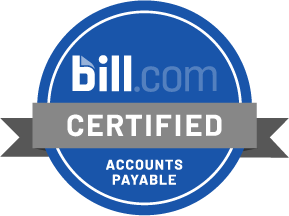Estimated Tax Payments
Educate yourself on how making on-time estimated tax payments can significantly help you avoid tax penalties.
1/15/20252 min read


Estimated tax payments are a way for individuals and businesses to pay taxes on income that isn't subject to withholding, such as self-employment income, rental income, or interest income. Making these payments can help taxpayers avoid penalties from the IRS. Here's how it works:
Avoid Underpayment Penalties:
- The IRS requires taxpayers to pay a certain percentage of their total tax liability throughout the year, either through withholding or estimated payments. If you don't pay at least 90% of your current year tax liability or 100% of your previous year's tax liability (110% for higher earners), you may face an underpayment penalty.
Regular Payments:
- Estimated tax payments are typically due quarterly. By making these payments regularly, you ensure that you are paying taxes incrementally based on your income throughout the year. This helps to avoid a large tax bill at tax time, reducing the likelihood of penalties.
Staying Informed:
- Making estimated payments keeps you engaged with your financial situation. You’ll be more aware of your income and tax obligations, reducing the risk of underestimating your income and therefore your tax liability.
Minimizing Year-End Tax Burden:
- By paying estimated taxes, you can spread your tax liability over the year rather than facing a large lump-sum payment when you file your tax return. This not only helps with cash flow but ensures you're less likely to miss payments.
Using Accurate Estimates:
- If you estimate your income accurately, your payments will likely be sufficient to cover your total tax liability, which directly impacts avoiding penalties. It’s beneficial to reassess your income throughout the year to adjust your estimated payments accordingly.
Avoiding Interest Charges:
- If you underpay your taxes throughout the year, not only can you incur penalties, but you'll also be subject to interest charges on the unpaid balance. Making estimated payments helps to mitigate these costs.
Conclusion
To avoid penalties associated with underpayment of taxes, it's important to assess your tax situation regularly and make estimated tax payments in accordance with IRS guidelines. Consider consulting a tax professional if you're unsure about how much to pay or if your income fluctuates significantly throughout the year.




